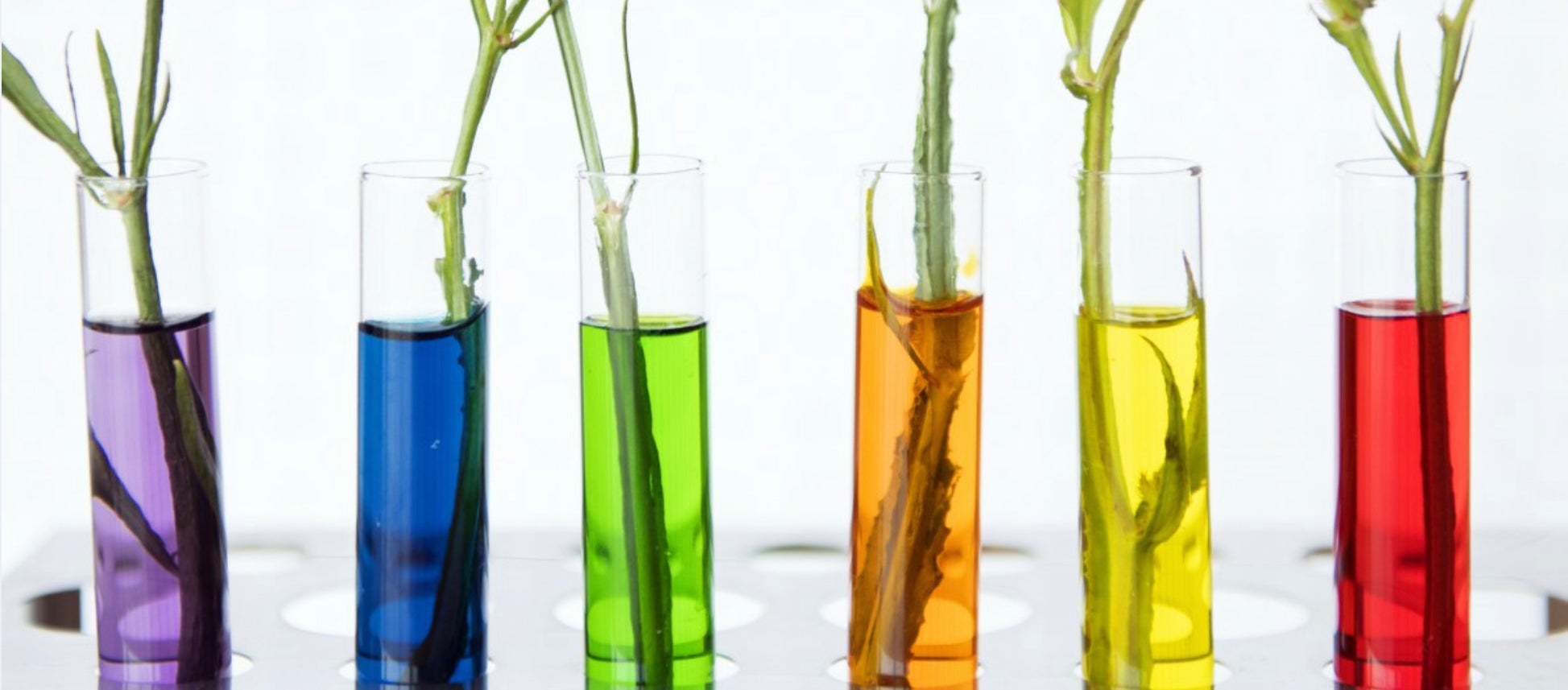Hydroponics for the Home Grower
The Best Advice for the Home Grower Starting out in Hydroponics
As we move into the warmer summer months (in the northern hemisphere) you may be curious about growing plants hydroponically outside in your garden. Now is a great time to start. Since hydroponic plants grow faster than soil plants (given the right conditions), it is not too late to start them now.
To start, you can buy some plants from the garden store or you can buy a package of seeds. If you are buying plants, here are a few things to look for:
Choose smaller plants: It is easier to convert a younger plant to hydroponics. A large plant with lots of leaves and a big root system will probably struggle or even die if you put it in a hydroponic system.
Only get plants that can be easily converted to hydro: Some plants hate having their roots disturbed. Cucumbers and summer and winter squashes are almost impossible to move into a hydroponic system. The best vegetables to grow hydroponically from scratch are things like tomatoes, peppers, strawberries and eggplant.
Look for annuals, not perennials: Unless you live in a tropical climate, you should choose annual plants. Perennials become difficult to keep outside when autumn rolls around. If you plan on growing perennials, you will have to bring the system indoors in the winter. With a Meyer lemon bush or the like, you could definitely do that.
Study the plants closely: Look for healthy plants with no yellow leaves or insect damage.
Now if you want to start with seeds, there are more possibilities. However, you may end up with a lot of extra seeds from each packet. If you have room in your garden, you could start extra plants. Then put some of the seedlings in the soil and some in the hydro system and see which actually grow faster, and if they taste different. It’s actually a fun experiment to compare hydro and soil plants!

Here are some tips for choosing seeds:
Although hydroponic plants grow faster than soil plants, it is still a good idea to read the package to see how many days from seed to fruit. Different varieties have vastly different growing times. For example, some tomatoes can bear fruit in 50 days, some take 80.
Don’t sow too many seeds in a single cube: Home growers often think more plants are better. In hydroponics, one plant can get huge. Don’t crowd your plants. Even plants like basil and lettuce will grow bigger with more space.
When starting from seed, there are many great choices for which vegetables to choose. Fast growing vegetables are so fun to grow hydroponically. Try courgette and okra - the fruits literally grow in a day.
If you have the right tools, hydroponics at home is fun. Don’t worry if at first you don’t succeed. Like any new skill, it takes a while to learn all the tricks of hydroponics. Just keep trying.
Good luck, home growers!
For more great content check out the Proponics YouTube channel below!





